

To Wyn, Bethan and Megan, heroes of resilience,
with love.
INTRODUCTION
Its one of the hardest facts of life that every human must learn: bad things can happen. From small upsets or disappointments to major, life-changing distresses, they can happen to anyone, whether we deserve them or not, and we dont know when or what they will be. Our challenge is to know this and yet not live in fear, not ruin every happy moment by dwelling on bad things that might but might not be round the corner. Because wonderful things happen, too! We have to be realistic and ready, but positive and confident in our ability to stay strong. Thats resilience.
Our lives are like an ocean and we are the small boat trying to cross safely. Sometimes the water is calm and we sail easily, without a care in the world. But storms can come, sometimes out of a blue sky. The storms can be small and brief or long and treacherous. Just as some parts of the ocean are more dangerous than others, some parts of our lives are more difficult. And not all oceans are the same, just as some peoples lives have more challenges than others.
Teenage years are often particularly rocky. Younger children can face challenges, too, but its easier for adults to reassure or distract them and they often feel secure in the knowledge that their adults can sort things out.
But you, an adolescent, are not so easily reassured. Youve learnt that no one can be entirely safe from harm and life cannot be risk-free; youve noticed that good and innocent people can have sadness or disaster; you might have experienced it yourself. Your teenage brain allows you to understand big concepts, to discuss topics such as war, disease, death, suicide, abuse and injustice and you need to be allowed to have those discussions, even though they can be frightening and painful.
Adolescence can be exciting but it can also be scary. You might not have the reassuring comfort of adults and now youre trying to work out how to find your way without the support young people deserve. When I was a teenager, we were in the Cold War, which coloured my fears. I had horrible war-related dreams and I needed my parents to reassure me, to put my fears in context and to tell me that all would probably be well. And they needed to push my mind in optimistic directions, towards success, knowledge, work, the things I could control rather than the things I couldnt. That helped me build resilience, though resilience was not a word that was much used.
You might be worried about terrorism or illness: as I write this we are living through the COVID-19 outbreak that began in 2020 and our lives are dramatically affected by various restrictions and lockdowns and all the worries associated with the virus. Maybe you have other worries, too: something going on in your family, or with a friend, or your schoolwork. You could have small fears or big fears but they can all seem big at the time, especially because, while we are in any particular crisis, we dont know what the outcome will be.
If we are the boat on the ocean of our life, we need to be built strongly enough to withstand storms small or big that we cant foresee. Not only built well but looked after, repaired and strengthened regularly.
We must learn not only to navigate the bad weather but also to repair any damage after each battering wave. And perhaps to come back stronger, so that we are even better able to deal with the next one. Humans are learning creatures, adapting and using what weve learnt to become stronger, fitter, healthier. Thats great resilience.
Life isnt just about surviving bad things, though: its also about pleasure, success, appreciation, fulfilment, purpose, excitement. If all we are doing is being prepared for possible negatives, well miss the actual positives. If survival means feeling constantly anxious, unconfident, ready for disaster, thats not really living.
In short, we need to build resilient bodies and minds, create in ourselves the strength to withstand any storms but also to bounce back and enjoy the calm rhythms and the sunlight glinting off the water. Thats living well. Thats being brilliantly resilient.
I cant know what challenges you face now and no one knows what is round the corner for you. Sometimes, youll have your family or friends or trusted adults to support you and share your challenges; at other times, you might be more alone. Sometimes everyone around you will be experiencing a difficult time together, though it will always be slightly different for each individual. Sometimes you might have something bad going on inside your own head, perhaps accompanied by dark thoughts you deal with alone at night. But whatever these difficulties, whether personal or shared, whether short-lived or lingering, whether small or huge, the resilience you can grow now will help you get through and also give you the strength to face forward and welcome all the wonderful things in your future with optimism and bravery and hope. To put fears in perspective and not let them spoil your life.
Be Resilient offers you the practical tools to build a truly resilient life, with both your mind and body.
In this book, you will find:
 All about what resilience is.
All about what resilience is.
 Five areas of your life where you can build your resilience: your support network, skills, coping strategies, courage and future.
Five areas of your life where you can build your resilience: your support network, skills, coping strategies, courage and future.
 Practical activities to build each of those areas.
Practical activities to build each of those areas.
 Fictional characters who are struggling with resilience, for you to think about and empathise with. You might identify with them yourself.
Fictional characters who are struggling with resilience, for you to think about and empathise with. You might identify with them yourself.
 Reflection activities so you can say how youd help those characters and youll find my suggested responses, too.
Reflection activities so you can say how youd help those characters and youll find my suggested responses, too.
 Diary activities things you can, if you wish, record in a notebook or diary to help you see how youre building your resilience. You could buy or find a beautiful notebook, or just open a new document on your computer or use an app on your phone. You can obviously write anything you want in your diary its for your eyes only but I will give you some prompts and ideas at the end of each chapter.
Diary activities things you can, if you wish, record in a notebook or diary to help you see how youre building your resilience. You could buy or find a beautiful notebook, or just open a new document on your computer or use an app on your phone. You can obviously write anything you want in your diary its for your eyes only but I will give you some prompts and ideas at the end of each chapter.
All the ideas and practical tools in this book will help you be more in control when times are tough and you feel anxious or overwhelmed. If you can learn all this now, youll be able to use the techniques throughout your life, becoming mentally stronger, building resilience. Youll enjoy life more, too.
Becoming more resilient is a brilliantly positive, useful and fulfilling goal. This book is here to show you how you can achieve that goal. You can survive those tough times and thrive!
CHAPTER ONE:
UNDERSTANDING RESILIENCE
WHAT IS RESILIENCE?
Resilience literally means the ability to rebound or bounce back. It comes from a Latin word resilire, meaning to bounce back and has been used since the seventeenth century. But for the first couple of hundred years it was only used to refer to objects, describing whether they could bounce or spring back to their original shape after being stretched or bent. Today when we talk about an object being resilient, we refer to how well it stands up to or recovers from various attacks. Some types of stone or wood are more resilient to water than others; some plants are resilient to frost or drought and others are not. The word wasnt used to describe people until the nineteenth century.
Next page
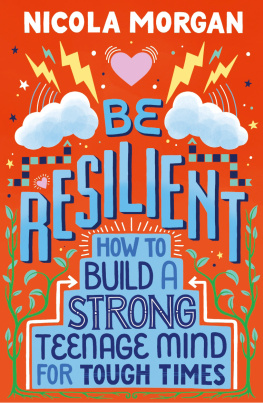
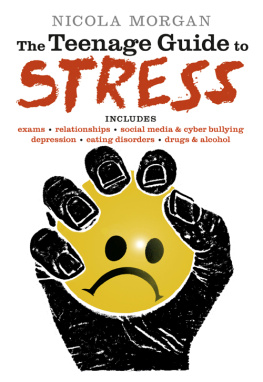
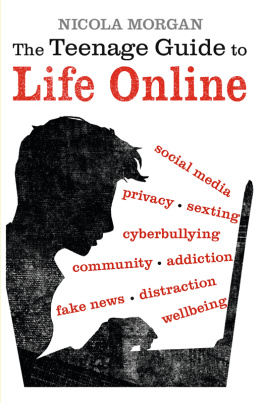
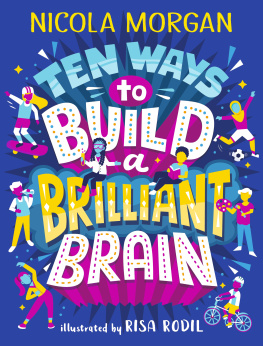
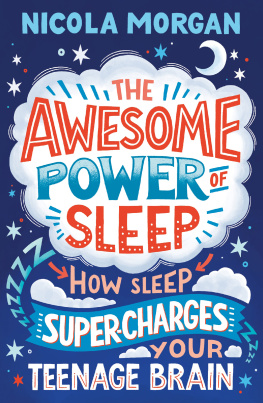
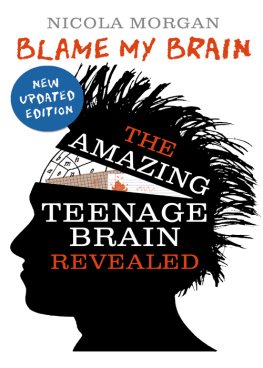

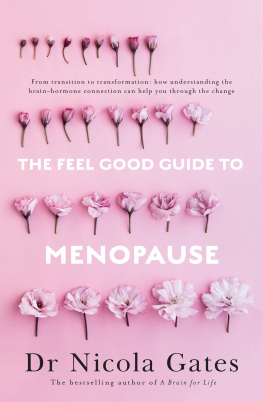
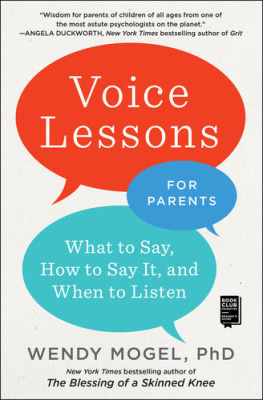

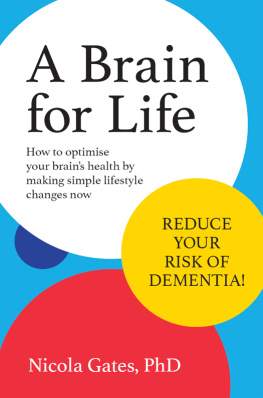
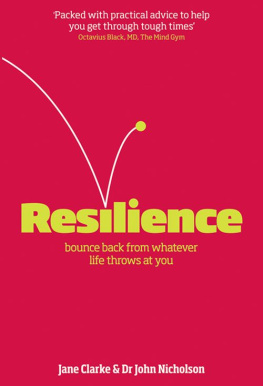


 All about what resilience is.
All about what resilience is.